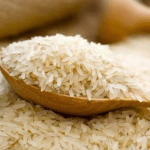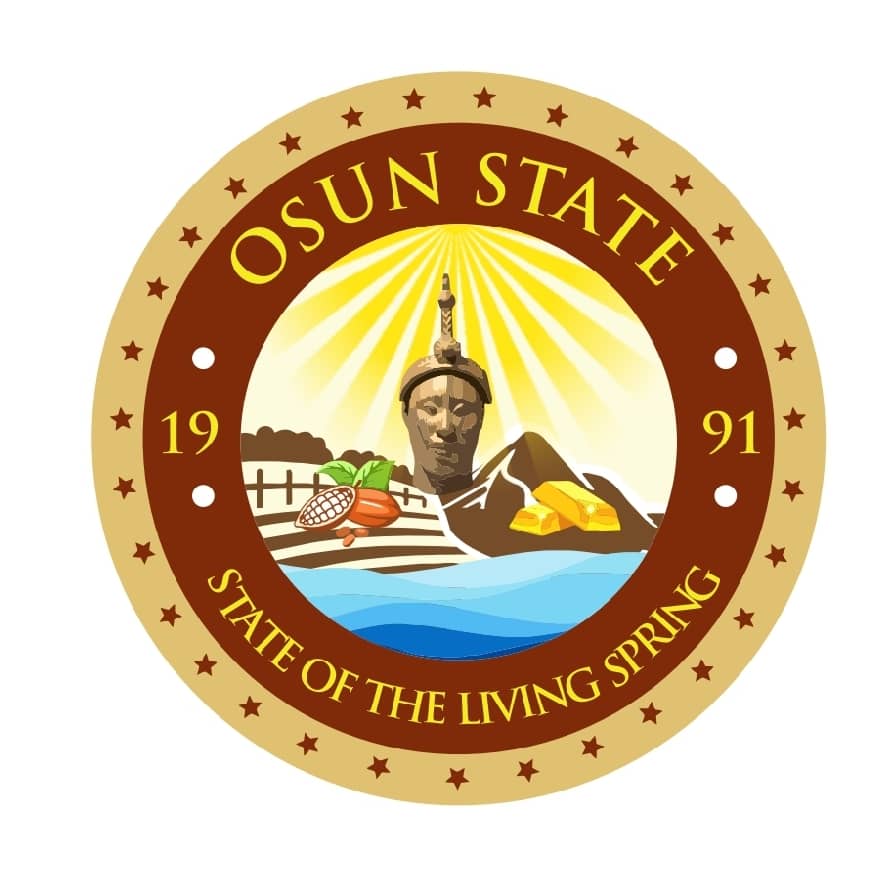Since the inception of the Governor Rauf Aregbesola’s administration in the State of Osun, the rural areas in the state have been receiving attention from the government through the Osun Rural Access Mobility Projects (RAMP). SHINA ABUBAKAR reviews some of the projects carried out by the agency so far.
As part of his campaign promises, Governor of the State of Osun, Ogbeni Rauf Aregbesola pledged to open up the rural areas as a means of not just reducing the Rural-Urban drift, but to ensure that farm produce gets to the markets in urban centres and add value to the agricultural sector in line with the administration’s six point Integral Action Plan to banish hunger and poverty, particularly at a time the nation’s economy needed much diversification from the monopoly of oil.
The activities of the present administration left no one in doubt of its desires towards the development of the rural areas as it tends to make roads accessible to the teeming populace who are farmers, potential farmers, young farmers or those who intends to venture into it, so as to reduce the stress of having to get perishable farm produce to the market, thereby reducing the loss of inputs and efforts put into farming.
The seriousness of the Aregbesola-led administration to open up rural areas attracted the attention of international organisations and the Federal Government of Nigeria, and through partnership sponsor and finance construction and rehabilitation of earthen road and bridges that linked rural communities to the outer roads.
In the area of upgrading and rehabilitation of rural transport infrastructure, the state government through the coordination of Rural Access Mobility Project (RAMP) has completed over 250 kilometres of roads out of the 500 kilometres scheduled for rehabilitation and upgrading across the state. Some of the roads already completed include Agbowu/Ogbaagbaa-Idiroko-Eleru-Bode-Osi, Bode-Osi Township to Asa junction to Dagbolu-Ajagunlase, Eeleke-Kanko-Telemu and Kanko. Others include Agoro-Ikonifin-Sadeto Ajagunlaase, Akinleye-AbaAyo-Isero, Pataara-Ileko-Oba-Odo-Omi-Farm settlement road 1 and farm settlement spur, totaling 59 kilometres which are all located in Iwo Federal Constituency.
The agency has also completed the construction and rehabilitation of 50 kilometres of rural roads in Ife Federal Constituency covering over seven villages within the routes of Lawoka, Idiahun, Aagbala, Ifegunle, Elewa, Apoje, Elewaa, Ife Tutun and Owena. This area are known for their richness in the production of both cash crops and food that enhance the living standard of the farmers in the area. These communities were known to have been cut off from the market as a result of inaccessibility over a long period, forcing many to abandon farming and relocate to other urban areas in the constituency until the recent intervention of the government.
Most of the farmers in the area have commended the singular effort of ORAMP in opening the areas to the market and reducing the rate at which they suffer losses from wasted farm produce.
In Ilesa Federal Constituency, about twenty communities have been successfully linked to major roads in the area thereby facilitating access to urban areas, either for the purpose of agricultural, economic or social activities. Besides, some of the roads do not only serve farmers purpose, they are also emergency route during health situations.
The communities that benefitted from the first phase of the project in the federal constituency are Ilesa, Odogbo, Araromi, Ilo-Olomo, Ira, Ikeji-Ile, Arakeji, Araromi, Alagbe, Ibete and Orisunbare.
Others include, Ilesa, Muroko, Ilaa, Isolo, Okebode, Iwara, Asukuru, Odogbo and Isale General in Ilesa town and the total length is 50 kilometres.
Similarly, the administration also intervened in the construction of numbers of roads across the state to facilitate vehicular and human movement both inter and intra state to boost economic activities in both the rural and urban centres. Some of the roads in this class include; Iwo-Pataara road, Esa-Oke-Esa-Odo Farm settlement, Mokore Farm Settlement road, Orile-Owu/Ago-Owu Farm Settlement road, Idiroko-Akinleye Farm Settlement road, Farmers’ Plank Market road, Aato-Ayegunle-Ilawo road, Alaguntan Forest reserve Road, Ita-Oni-Onikoko road, Erin-Oke, QIIP Farm Road, Kuta, Okinni-Igbokiti O-Fish Farm Road, Asawo-sola Alusekere Road, Fashina-Agbagba-Adekanye-Osu Road, and OAU Road 7-Surulere Qrts-Ilesa Road and reconstruction and reclamation of Olufi Market in Gbongan.
Other markets that benefitted from the scheme are New MDS Market in Osogbo, Building Materials Market, Yam Market, Neighbourhood Market. Other roads in this category are Ajebandele-Fadehan-Lagata, Oba Sijuade Road, grading of Iyanfoworogi-Orinsunbare-Ajobo Junction and Aba Apa, Babasuwe Junction-Esa-Odo and the construction of Idi-Ore River Bridge.
Also, in the area of construction of bridges and river crossings, this administration blazed the trail by ensuring that communities that have been cut off from the rest of the state are reconnected to one another through this linkable roads. Many of the dwellers did not believe they could be reconnected to the socio-economic activities in the major towns considering the rate at which many urban centres crave for government attention.
However, the ORAMP management worked wonders by ensuring that even in the midst of paucity of funds, rural dwellers are also catered for and economic activities reawakened in the respective enclaves. Some of the benefiting communities are; Elewonta river on Oke-Ola Elewonta road, Ohun river on Dabongbon Along Ago-Owu Farm settlement , Oke-Afo/ Alawe stream on Oke-Afo- Oluponna road, Olomu stream on Fidiwo/Funmilayo road, Eyin-Ade stream at Okuta Aje Area, Osese River and Aatan stream along Koko road at Polytechnic road, Obuke River at Olukesi farm.
The agency did not stop at the named communities, it also extended its services to many rural isolated towns like; Ejeo River, Ipon stream Agbelejere Road on Oyan- Otan Ayegbanju road, Owere River, Gbalefefe stream, Isule River at Oke-Aho, Ata River, Ogbaagbaa River, Alabakan River, Alakaso River, Oroki River along Otan-Ile – Ipetu-Ile Road, Oriki River along Otan-Ile –Igbajo road and Asejere River along promised land.
Other benefiting communities are; Power line River along Oke-Odo, Olojo stream at Olojo Farm linking Aroko and Ilupeju communities, Omi River on Masifa- Isundunrin road, Shasha bridge, Opa river at Opa-Odunanin village on Doya –Akinola Road, Oyi adunni river, Oyile bridge on Oyile River.
Since the completion of these projects, it has brought about positive impact on the communities and its dwellers, both socially and economically. The state agricultural sector has recorded tremendous increase in output as more farm produce get to the urban markets on time and there is reduction in the cost of transporting the produce. It also reduces travelling time between these communities, especially those that are bounded by rivers, as travelers do not have to find their ways against the rivers through neighbouring communities.
The ORAMP initiative has also help to eliminate the middle-man concept thereby giving farmers the power of bargain as they now deal with buyers directly and this singular act has increased the income of the farmers. It also created job for the youth in the areas, as there are different community-driven programmes created to ensure the maintenance of these roads. The scheme engages youth in the community and as a result, reduces restlessness among them.
In the area of social development, the ORAMP scheme has increase land values in all the communities where the projects were executed , while the literacy level in the areas have also increased as a result of more social interaction between and among the migrating populace.
According to the project coordinator of O-RAMP, Engineer Adelere Oriolowo, the agency is able to perform to this level as a result of the high level support received from Governor Rauf Aregbesola through regular payment of its counterpart-fund and ensuring capacity building for staffers of the agency without defaulting on the provisions of donor partners.











